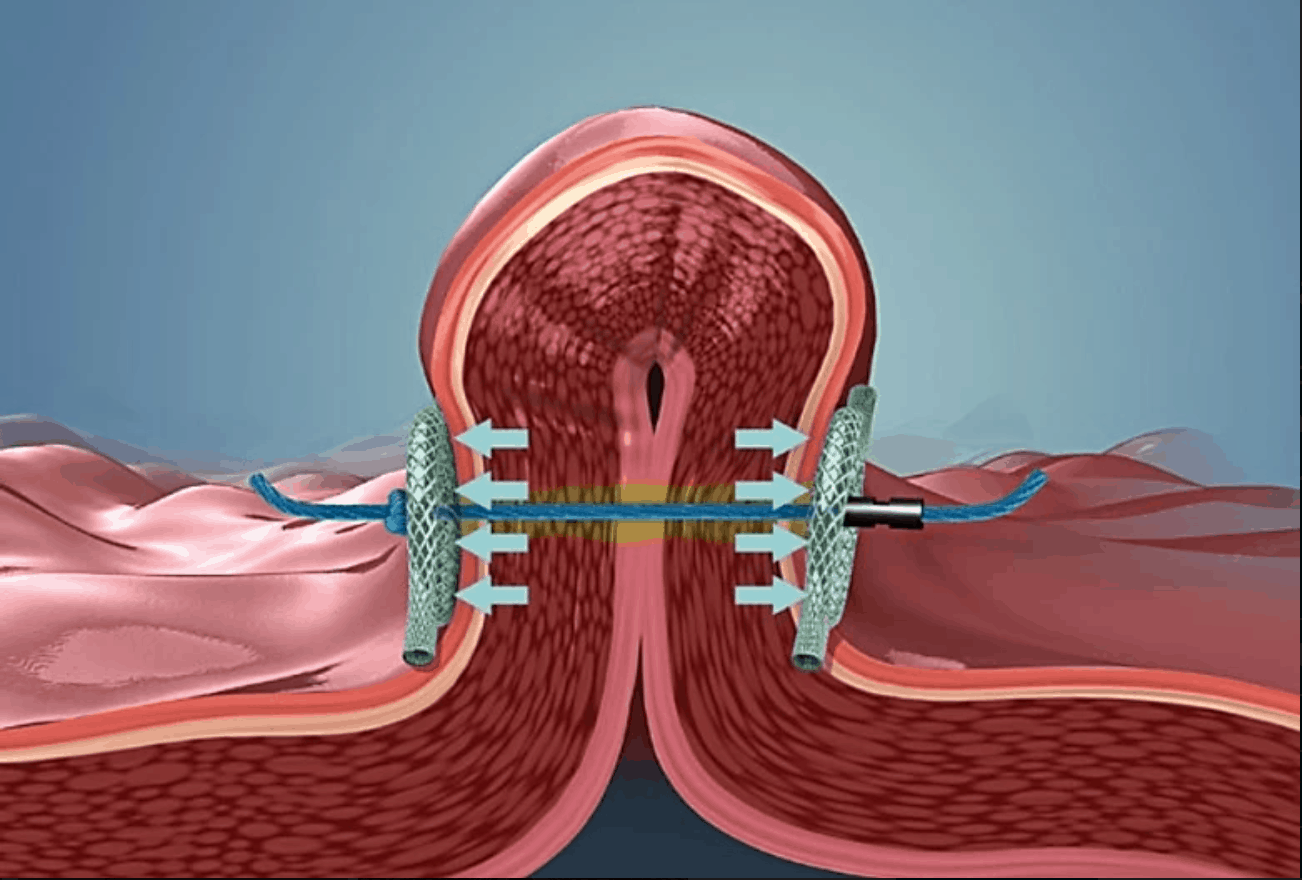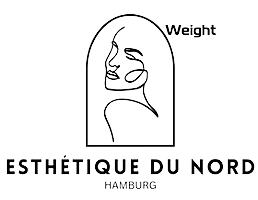Permanent Weight Loss
Accomplish Lasting Weight Loss with
Oversititch Sleeve
The Overstitch sleeve presents a durable option for reducing stomach size with a minimally invasive technique. This state-of-the-art procedure ensures a lasting decrease in stomach capacity. Its main benefit being nickel free procedure making it ideal for any patients with sensitivities.


Overview
Procedure Overview
The Overstitch Sleeve, or Apollo sleeve, is a cutting-edge, procedure designed to reduce the size of the stomach in order to achieve long term weight loss.
The method is conducted through an endoscope, a thin, flexible tube inserted orally into the stomach. It involves placing a series of 5-6 running stitches along the greater curvature of the stomach. These stitches are then tightened to create folds, which significantly reduce the stomach’s volume permanently. Similarly, stitches may be placed along the lesser curvature to reinforce the sleeve-like shape of the stomach. The procedure typically takes about 60 to 90 minutes and is performed under general anesthesia and requires a one night stay in the clinic.
This alteration effectively diminishes stomach size, promoting early satiety and reducing food intake, which contributes to weight loss. The full procedure is done without any incisions or scars, leading to a quicker, more comfortable recovery.
Advantages
Advantages of Overstich Sleeve
- A safe, metal-free alternative, especially suitable for those with nickel allergies.
- Minimally invasive technique
- A significant and permanent reduction in stomach size.
- A less invasive procedure with a shorter recovery time compared to surgical options.


Right?
Is the Procedure Right for You?
The Overstitch procedure is ideal for severely overweight patients or patients with a BMI over 30 who seek a permanent solution for weight loss without the complications of surgery. It is particularly beneficial for those who cannot undergo traditional methods due to sensitivity.
Potential Concerns
Overstich sleeve offers a favorable safety profile, potential side effects include pain and nausea post-procedure, usually manageable with medication. Long-term, the procedure is designed to be durable, but stitches may loosen if overstressed. Other potential complications may include sore throat, nausea, gastric irritation, and in rare cases, suture-related complications such as bleeding or infection.
During the first 10 days after treatment with the Overstitch Sleeve procedure, patients only consume liquid food . This allows the stitches used during the Overstitch gastric sleeve procedure to heal better.
Long-term risks are minimal but can include the need for adjustment or rare instances of reversing the procedure if complications arise.
